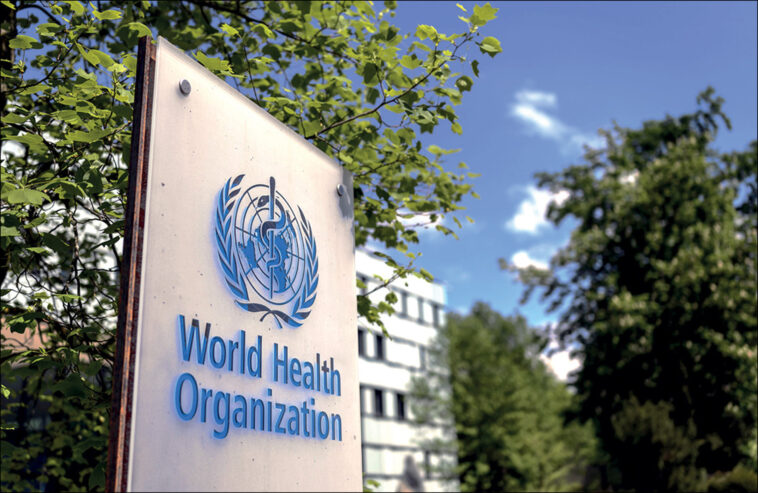Countries have reported many occurrences of over-the-counter children’s cough syrups containing significant quantities of diethylene glycol (DEG) and ethylene glycol in the past four months (EG) on which WHO advice to atleast seven countries which are involved, with over 300 deaths in three. The majority are under five. These pollutants are dangerous industrial solvents and antifreeze agents that can kill even in little concentrations and should never be in medicines.
WHO issued three worldwide medical advisories based on national reporting. The Gambia outbreak was the topic of Medical Product Alert N°6/2022 on 5 October 2022, Indonesia on 6 November 2022, and Uzbekistan on 11 January 2023.
Follow me and update #Health news
WHO urges action to protect children from contaminated medicines. WHO is releasing an urgent call to action to countries to prevent, detect and respond to incidents of substandard and falsified medical products. #healthcare #healthy #WHO pic.twitter.com/oMe34pJi7h— Hrney girls US🇺🇲🇺🇸 (@zenifaX) January 23, 2023
WHO’s medicinal product advisories were quickly distributed to all 194 WHO Member States’ national health authorities. These medical product alerts requested (a) the detection and removal of contaminated medicines from circulation in the markets, (b) increased surveillance and diligence within the supply chains of countries and regions likely to be affected, (c) immediate notification to WHO if these substandard products are discovered in-country, and (d) public education about the dangers and toxic effects of these substandard medicines.
These are not isolated events, hence WHO urges medical supply chain stakeholders to respond immediately and collaboratively.
WHO advice to Regulators and governments:
Detect and remove from circulation in their respective markets any substandard medical products that have been identified in the WHO medical alerts referred to above as potential causes of deaths and disease; ensure that all medical products in their markets are approved for sale by competent authorities and obtainable from authorized/licensed suppliers;
allocate resources to strengthen and increase risk-based inspections of manufacturing locations in their authority in compliance with international norms and regulations;
increase market surveillance, including risk-based targeted testing for medical products released in their respective markets, including informal markets; and enact and enforce laws and other relevant legal measures to combat the manufacture, distribution, and use of substandard and falsified medicines.

WHO advice to only purchase pharmaceutical grade excipients from qualified and bona fide suppliers; conduct comprehensive testing upon receipt of supplies and before use in manufacture of finished products; provide assurance of product quality including certificates of analyses based on appropriate testing results; and keep accurate, complete, and proper records of material purchase, testing, manufacture, and distribution to facilitate traceability during investigations.
Medical goods vendors and distributors should:
always check for signs of falsification and physical condition of medicines and other health products they distribute and/or sell; only distribute and/or sell medicines authorised by, and from sources approved by, competent authorities; keep accurate, complete, and proper records relating to the medicines and their distribution sale; and employ competent personnel to handle medicines and advise the public on their proper use.In addition, WHO will continue to cooperate with the Member State Mechanism on substandard and fraudulent medical products to encourage effective collaboration in the prevention, detection, and response to these items to save lives.




